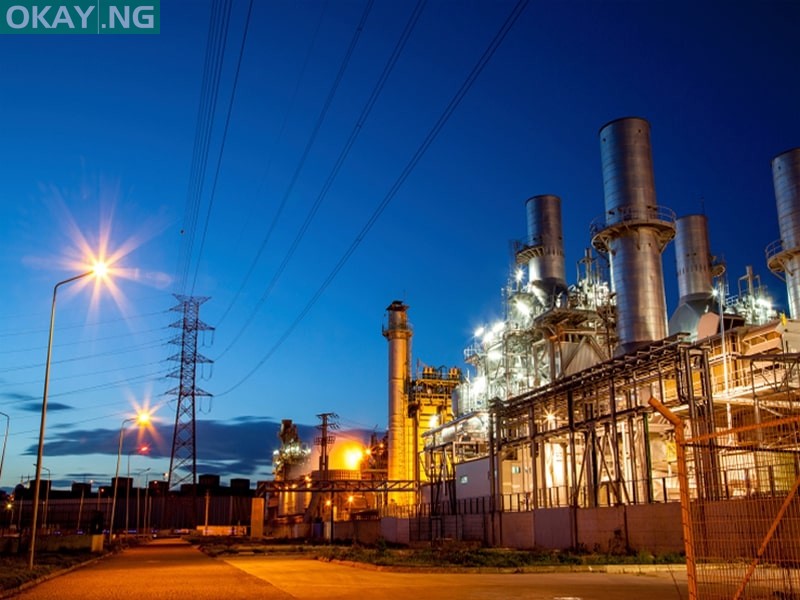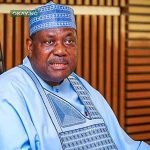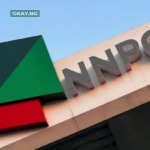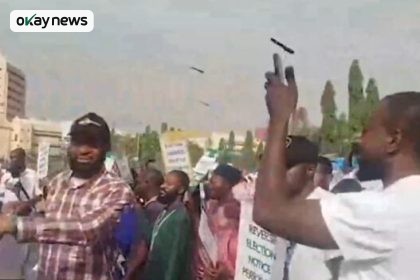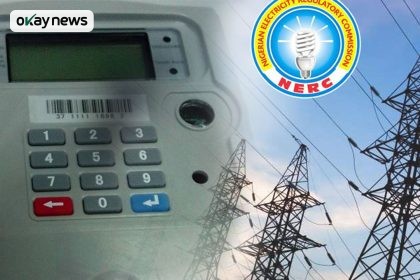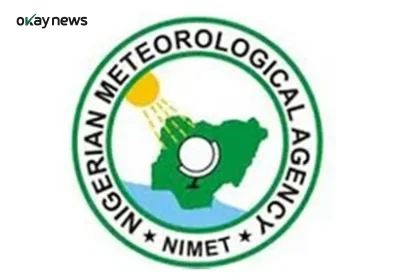Seventeen African governments have pledged to implement far-reaching reforms aimed at providing reliable electricity access, under Mission 300 — a joint initiative spearheaded by the World Bank and the African Development Bank Group (AfDB).
The program, which was highlighted at the Bloomberg Philanthropies Global Forum, aims to connect 300 million Africans to electricity by 2030, offering a transformative leap in the continent’s energy future.
Countries Joining the New Phase
According to the World Bank, countries that signed on include Benin, Botswana, Burundi, Cameroon, Comoros, Republic of the Congo, Ethiopia, Gambia, Ghana, Guinea, Kenya, Lesotho, Mozambique, Namibia, São Tomé and Príncipe, Sierra Leone, and Togo.
Each of these nations endorsed National Energy Compacts — carefully designed policy blueprints that provide a roadmap for reforming utilities, attracting investment, and ensuring public spending is more effective. The Bank described the compacts as models for the world to emulate.
Nigeria had already committed earlier this year alongside Chad, Côte d’Ivoire, Democratic Republic of Congo, Liberia, Madagascar, Malawi, Mauritania, Niger, Senegal, Tanzania, and Zambia. Together, these early adopters pledged more than 400 policy actions to strengthen energy utilities, minimize risks for investors, and tackle long-standing infrastructural bottlenecks.
okay.ng reports that Mission 300 has already connected more than 30 million people to power since its launch, with an additional 100 million connections in the pipeline.
Leaders Speak on Energy Transformation
World Bank Group President Ajay Banga said:
“Electricity is the bedrock of jobs, opportunity, and economic growth. That’s why Mission 300 is more than a target; it is forging enduring reforms that slash costs, strengthen utilities, and draw in private investment.”
AfDB President Dr. Sidi Ould Tah added:
“Reliable, affordable power is the fastest multiplier for small and medium enterprises, agro-processing, digital work, and industrial value-addition. Give a young entrepreneur power, and you’ve given them a paycheck.”
Country Commitments
Botswana’s President Duma Boko called the compact “a shared pledge” to provide affordable energy, create jobs, and move toward an inclusive high-income economy.
Cameroon’s President Paul Biya emphasized a “determined transition toward renewable energies” and a low-carbon future.
Comoros President Azali Assoumani stressed collective action for “dignity, equity, and shared progress.”
Ethiopia’s President Taye Atske Selassie reaffirmed dedication to “unlocking vast renewable resources” to foster inclusive growth and regional interconnections.
Development Partnerships
Mission 300 is supported by global organizations including the Rockefeller Foundation, Sustainable Energy for All, Global Energy Alliance for People and Planet, and the World Bank’s Energy Sector Management Assistance Program.


